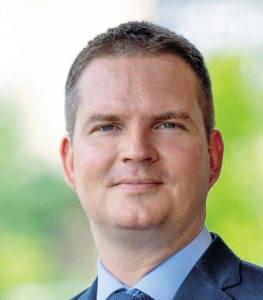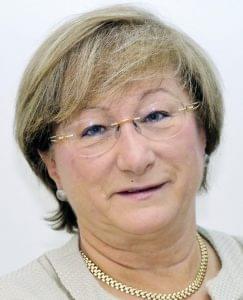Magazine: Greater significance for domestic products

Dávid Tóth
head of hospitality and mass catering department
Nébih
From 2022 minimum 60 percent of the cooking ingredients used in mass catering must be purchased in a short supply chain, and from 2023 this proportion has to reach 80 percent. Dávid Tóth, head of the hospitality and mass catering department of the Hungarian Food Chain Safety Office (Nébih) told that many mass catering kitchens already have good relationships with local small farmers, but products with geographical indication and groceries bearing the Excellent Quality Food trademark are also allowed to be used as part of the scheme. It is going to be the task of government offices and Nébih to check the production process at small farms and the quality of products made there. 2023 will be the first year when the 60- and 80-percent mandatory proportions will be first examined. //
It can be done well!

Anna Zoltai
president
KÖZSZÖV
Anna Zoltai, president of the National Association of Public Sector Catering Service Providers (KÖZSZÖV) told: KÖZSZÖV supports the introduction of the 60- and 80-percent proportion of cooking ingredients from a short supply chain from 2022 and 2023, as this step is expected to increase the sustainability, quality, food safety, traceability and control of public sector catering. The association will be a partner in establishing a higher quality mass catering service. //
Related news
The Year of the Horse – Culinary trends in 2026
🎧 Hallgasd a cikket: Lejátszás Szünet Folytatás Leállítás Nyelv: Auto…
Read more >Related news
France remains the world’s number one tourist destination
🎧 Hallgasd a cikket: Lejátszás Szünet Folytatás Leállítás Nyelv: Auto…
Read more >







